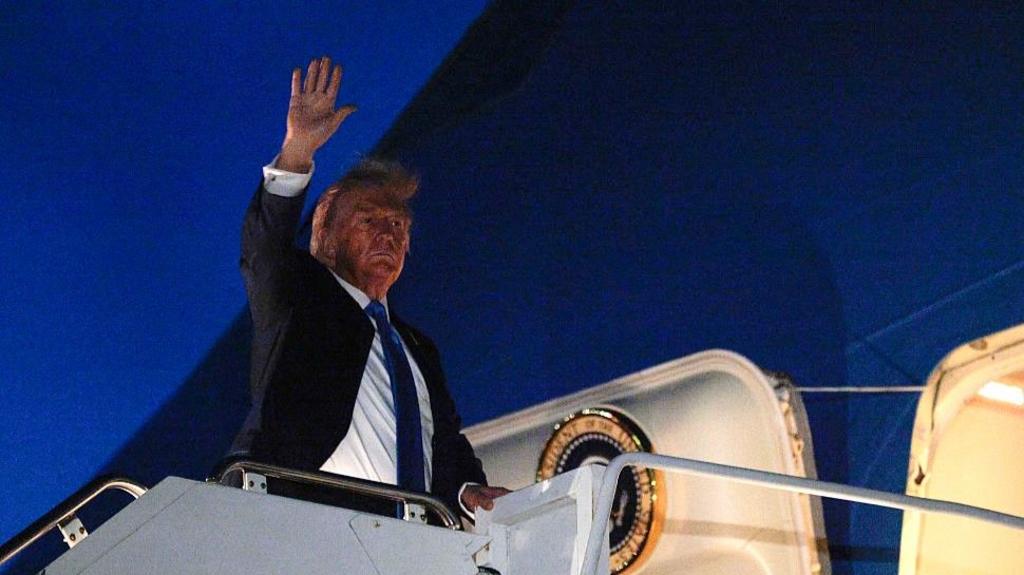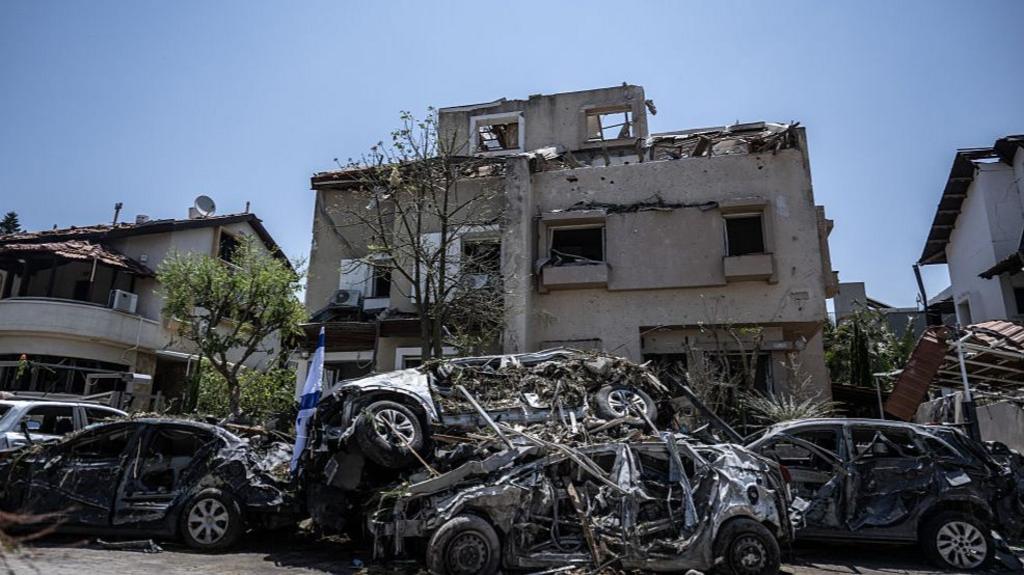Trump's G7 Exit: Not About Ceasefire, He Claims Amid Escalating Iran-Israel Conflict

Amidst a rapidly escalating conflict between Iran and Israel, former U.S. President Donald Trump has dismissed claims that his early departure from the G7 summit was linked to efforts to broker a ceasefire. His unexpected exit has fueled speculation, particularly after French President Emmanuel Macron suggested Trump was returning to the U.S. to work on a truce. However, Trump vehemently refuted these assertions, stating the move had 'nothing to do' with the ongoing tensions.
The timing of Trump's departure – just hours after the summit began in Italy – coincided with a significant exchange of strikes between Iran and Israel. Iran launched a barrage of drones and missiles at Israel in retaliation for an alleged Israeli strike on Iranian soil. Israel, in turn, has vowed to retaliate, creating a volatile and dangerous situation in the region.
Trump's remarks add another layer of complexity to the already tense international landscape. Macron's comments, while seemingly optimistic about the possibility of U.S. involvement in de-escalation efforts, were quickly downplayed by Trump.
The Backstory: Escalating Tensions
The current crisis is rooted in a long history of animosity between Iran and Israel. Recent events have significantly heightened tensions:
- Iranian Retaliation: Iran's attack on Israel was a direct response to an alleged Israeli airstrike on an Iranian military facility near Isfahan.
- Israel's Response: Israel has promised a response, though the timing and nature of that response remain unclear.
- International Concerns: The international community is deeply concerned about the potential for a wider regional conflict.
Trump's Perspective
Trump’s decision to leave the G7 early, coupled with his denial of ceasefire involvement, raises questions about his approach to the Middle East should he return to office. His previous policies, often characterized by a transactional approach to foreign relations, have been a subject of debate.
Furthermore, earlier in the day, Trump reportedly advised people in Tehran to evacuate, a statement that further amplified concerns about the escalating situation. This advice, though not officially confirmed, underscored the perceived gravity of the potential conflict.
The G7’s Response
The G7 leaders, including Macron, have issued a joint statement condemning Iran’s attacks and reaffirming their support for Israel’s security. They also emphasized the need for de-escalation and a diplomatic resolution to the conflict. The absence of the former U.S. President, a key player in previous Middle East negotiations, has been noted by observers.
Looking Ahead
The situation remains highly fluid and unpredictable. Diplomatic efforts are underway to prevent a further escalation of the conflict. The role of the United States, and the approach of any future administration, will be crucial in navigating this complex and dangerous situation. Trump's comments highlight the potential for shifting foreign policy approaches and the challenges of maintaining stability in the region.






